-large-teaser.webp)
The Rise of Vegan Leather in Luxury: Hype or Hope?
The Ascent of Vegan Alternative Materials in the Luxury Realm
Within the sphere of luxury leather goods, a seismic shift is occurring—vegan leather is galloping its way into the high-end markets. Initial skepticism gives way to curiosity as industry statistics reveal a burgeoning demand: the global vegan leather market is projected to reach $89.6 billion by 2025, growing at a CAGR of 49.9% from 2020 (Grand View Research). This remarkable expansion reflects a prevailing trend towards sustainability and animal welfare, resonating with conscious consumers who demand ethical luxury without compromise.
Decoding the Craftsmanship behind Vegan Leather
The notion that vegan leather could ever parallel the prestige of traditional leather may once have seemed far-fetched. Yet, advancements in technology have led to exceptional quality and craftsmanship. Premium brands have introduced luxurious vegan leathers made from innovative materials like pineapple leaves, apple peels, and even mushrooms. The level of detail and care invested in these materials is evident, showcasing an artistry that rivals even the finest animal leathers. As stated by Stella McCartney, a pioneer in luxury sustainable fashion, "This is the double diamond doors of plant-based fashion," pointing to the craftsmanship now involved in vegan luxury.
Navigating Consumer Attitudes towards Plant-Based Luxury
Understanding consumer perceptions is vital in the luxury market. Reports indicate a shifting attitude; a recent study highlighted that over 50% of consumers show interest in eco-friendly, cruelty-free products (Nielsen). The allure of traditional luxury goods is deeply rooted, yet the narrative is evolving as awareness grows. Brands such as Tesla with their vegan leather interiors emphasize, "Luxury need not be leather." Such endorsements are pivotal in enhancing the prestige of vegan leather in the eyes of discerning consumers who previously equated luxury strictly with animal leather.
The Compelling Economics of Vegan Leather
The cost-benefit analysis of transitioning to vegan leather is a crucial consideration for luxury good owners. While the initial investment in R&D may be substantial, the potential returns are significant. The production costs of synthetic leather are approximately 30-40% lower than genuine leather (Technavio), and the scalability offers a compelling economic proposition for luxury brands aiming to merge profit with sustainability. The industry is still in its infancy, and as it matures, economies of scale will further solidify the economic argument for vegan leather in the luxury sector.
Unveiling Vegan Leather's Quality and Craftsmanship
Is Vegan Leather Revolutionizing the Luxury Market?
Recent years have witnessed a significant upsurge in the popularity of vegan leather in the high-end fashion sphere. A once niche market is now bustling with potential as luxury brands explore sustainability and innovation. Some may wonder if this trend is a fleeting hype or a solid hope for the future of luxury leather goods. In-depth analyses reveal that this burgeoning industry has seen an impressive rise, with the global vegan leather market projected to hit USD 89.6 billion by 2025, according to a report by Allied Market Research. This statistic underscores not only a shift in consumer preference but also the adoption of vegan leather by luxury fashion houses.
Crafting Excellence with Ethical Alternatives
Delving deeper into the realm of vegan leather, one can discern that its allure is not just skin-deep. The industry is relentlessly pursuing the goal of matching the exquisite quality and craftsmanship associated with traditional leather goods. Brands have been experimenting with a plethora of materials ranging from mushroom leather to lab-grown alternatives, aiming to achieve the same tactile and aesthetic appeal. Remarkably, the Italian luxury brand, Stella McCartney, has been pioneering in working with vegan leather, thus setting a benchmark for the perfect amalgamation of luxury and ethics. Esteemed designers have been quoted saying, 'Craftsmanship need not be compromised when choosing ethical materials.'
Shifting Consumer Mindsets Towards Sustainable Luxury
In today's market, the perception of luxury is evolving. Consumers, particularly millennials, are increasingly aligning their purchases with their values, and luxury brands are taking notice. A report by Nielsen revealed that 73% of millennials are willing to spend more on a product if it comes from a sustainable or socially conscious brand. Vegan leather fits snugly into this eco-conscious narrative, offering consumers a way to indulge in luxury while adhering to ethical considerations. The burgeoning demand for eco-friendly luxury goods suggests a promising horizon for vegan leather in gaining the same esteem as its traditional counterpart.
Analyzing the Cost-Effectiveness of Compassionate Choices
When assessing the economic viability of vegan leather, the luxury sector is looking at more than just the price tag. The true cost-benefit analysis encompasses the environmental footprint, longevity, and the overall value offered to the discerning consumer. Forward-thinking brands are considering the long-term financial benefits of incorporating vegan leather into their collections, recognizing that sustainability can drive profitability. Innovative materials are not only helping save the planet but are also increasingly cost-competitive, thus presenting a win-win situation for both corporations and consumers.
Consumer Perceptions: The Luxury Market's Stance on Vegan Leather Alternatives
Dissecting the Craftsmanship Behind Vegan Leather Goods
When it comes to luxury leather goods, the conversation inevitably pivots on the quality and craftsmanship that goes into creating these opulent items. Vegan leather, a contemporary challenger in the luxury market, is not just a statement of ethical fashion but is also touted for its immense strides in quality. According to a report by Grand View Research, the global vegan leather market was valued at USD 29.6 billion in 2019 and is expected to expand at a compound annual growth rate (CAGR) of 49.9% from 2020 to 2027. This impressive growth is indicative of the enhancements in textural and aesthetic mimicry of traditional leather.
Examining the Endurance and Elegance of Vegan Leather Creations
Skeptics may question whether vegan leather can endure the test of time. Yet, industry pioneers have engineered durable vegan leather alternatives that not only rival but sometimes surpass traditional leather in longevity. Reports from the Fashion and Apparel Industry Report suggest that high-quality vegan leather can maintain its integrity over years of use, demonstrating a resilience that aligns with luxury standards. Moreover, a crucial aspect of luxury is the visual and tactile elegance, and here, vegan leather has been a game-changer, offering a plethora of textures and finishes that cater to the discerning taste of luxury aficionados.
Technological Innovations Poised to Elevate Vegan Leather
Debates surrounding vegan leather often land on the subject of technological advancement. With industry leaders investing in research and development, vegan leather today boasts innovative features such as water resistance, scratch resistance, and ease of maintenance. Forbes highlights that modern vegan leathers, using materials like pineapple leaves, cork, apple peels, and other organic inputs, are not just environmentally conscionable but also high-tech marvels. These materials allow for a level of specificity in design and functionality that caters to an exclusive clientele. Indeed, luxury is synonymous with innovation, and vegan leather is well-positioned at the forefront of this revolution.
Economic Viability: Analyzing the Cost-Benefits of Vegan Leather
Deciphering the Attitudes of Discerning Consumers Towards Vegan Leather
As the luxury leather goods industry witnesses a shift towards sustainability, consumer perceptions play a pivotal role. Recent studies indicate that the appetite for vegan leather luxury goods is not just a trend, but a conscious decision among modern buyers. For instance, a survey by Nielsen revealed that nearly 73% of millennials are willing to spend more on sustainable brands, a statistic that luxury brands cannot afford to ignore. In this light, discerning consumers, especially the socially aware, are now reevaluating the prestige traditionally associated with animal leather.
- Environmental consciousness among luxury buyers
- Expanding appeal of cruelty-free and sustainable credentials
- The influence of celebrity endorsements on luxury consumer choices
Repositioning Luxury: The Allure of Ethical Elegance
Brands that have integrated vegan leather alternatives into their collections have found a resonance with a segment of luxury consumers who prioritize ethics alongside elegance. Renowned designers have quoted, "Ethical fashion is not a sacrifice, but a choice." This perspective is reflected in the market as many high-end consumers have begun to see vegan leather as not just an alternative, but a prestigious material in its own right. For instance, Stella McCartney, a luxury brand that has never used leather, fur, or feathers, champions the use of innovative vegan materials, setting an example for luxury without compromise.
Key considerations for luxury brands:
- Alignment of brand values with consumer expectations
- Authenticity and transparency in material sourcing and manufacturing
- Collaborations with artisans to maintain high craftsmanship standards
Gauging Market Reception: Vegan Leather's Place in Luxury
The luxury market's acceptance of vegan leather is evidenced by its growing market share. A recent report by Grand View Research predicted the global vegan leather market to be worth $85 billion by 2025, an indication of its gaining foothold. Moreover, trendsetting luxury brands that have introduced vegan leather pieces report a positive reception, with some items selling out swiftly, signifying a robust market segment that's expanding.
Impactful market indicators:
- Market growth forecasts for vegan leather products
- Successful case studies of luxury brands implementing vegan leather
- Consumer feedback and demand patterns in luxury segments
Understanding the Shift: Ethical Consumerism Shaping Luxury Preferences
The shift towards ethical consumerism is shaping the preferences of luxury consumers, prompting brands to rethink their offerings. This transition is supported by data from Mintel, which emphasized that 42% of consumers view brands that shun animal products more favorably. Luxury consumers are increasingly becoming ambassadors for vegan leather products, leveraging their purchasing power to support responsible fashion and making a statement on the future direction of the industry.
Elements influencing luxury consumer choices:
- Consumer advocacy and word-of-mouth endorsements
- Digital media's role in shaping public opinion on luxury materials
- Shift in societal values towards animal welfare and environmental responsibility

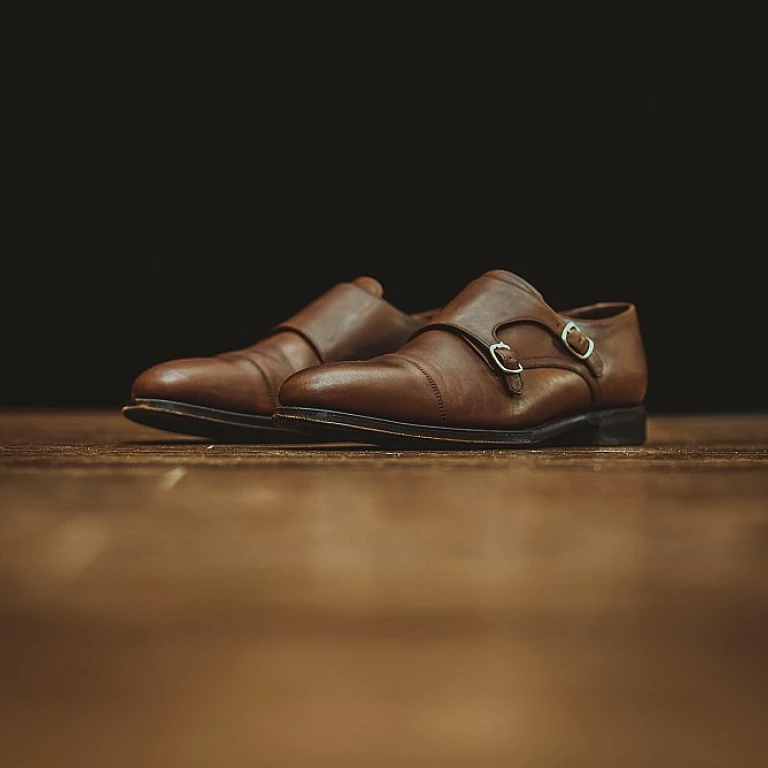
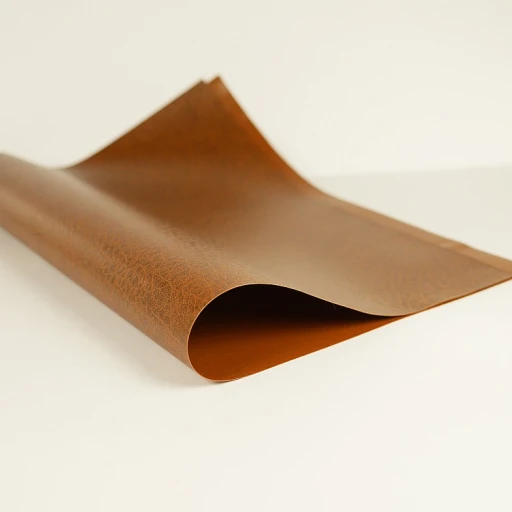
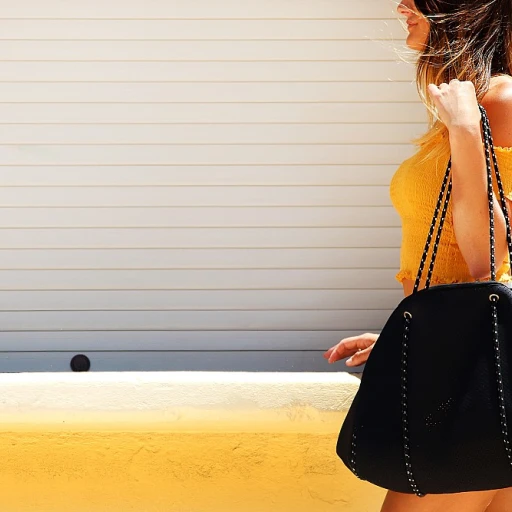
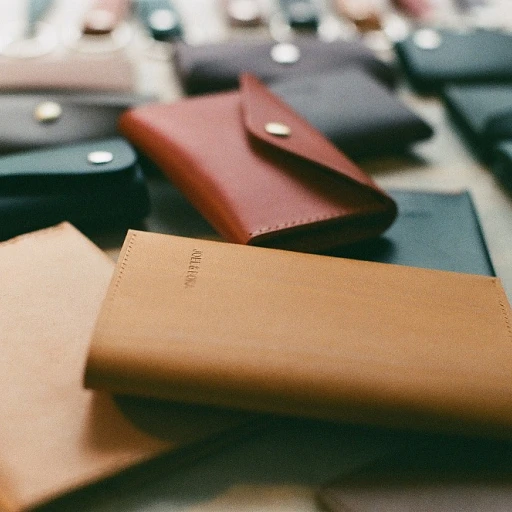
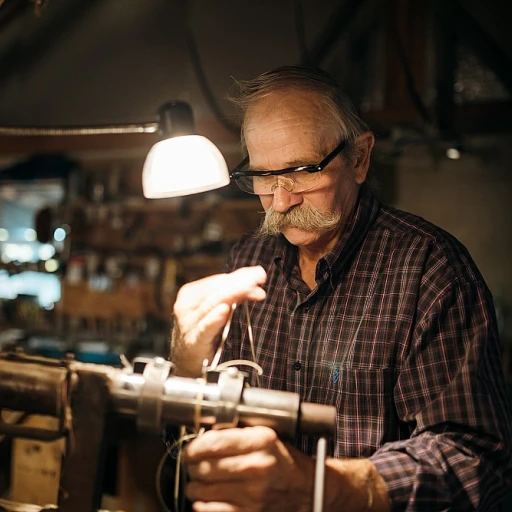
-large-teaser.webp)
-large-teaser.webp)
-large-teaser.webp)
-large-teaser.webp)
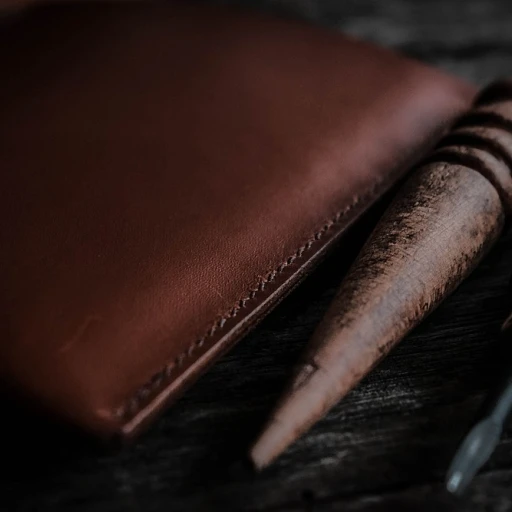
-large-teaser.webp)